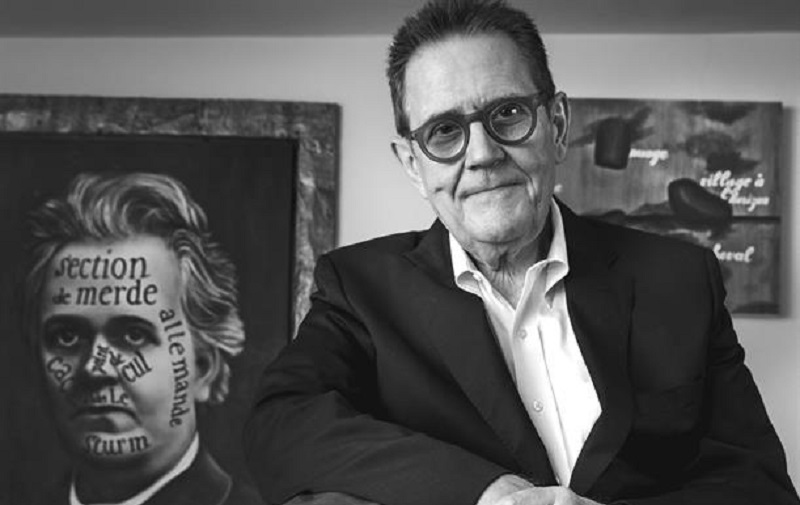To us, toilets are an unpleasant fact – that’s why we like them to be as discreet as possible, so they are kept clean and flushed after every use.
But it isn’t that way everywhere.
2.5 BILLION people don’t have flush toilets like we do.
They have pits dug in the ground.
Pits they have to share with lots of other families in the area, pits that don’t get flushed so they just fill up.
Pits that quickly get full and overflow, and then it gets messy, and eventually someone has to empty the pit, and that means someone going down the pit.
Incredibly, these people are the lucky ones.
Because 1.1 BILLION people don’t even have pits.
So where do they go?
Well, wherever they can: by the roadside, behind a hut, in the fields, just like an animal has to.
Why don’t we build flush toilets for all these people?
The short answer is, it isn’t possible – there are simply too many people on the planet.
Flushing waste away, simply getting rid of it, was something we could do when there were a lot less people and a lot more room.
But we can’t do that anymore – there isn’t enough room and there’s too much waste.
So, if we can’t get rid of it, what do we do?
We have to rethink the problem.
If we can’t throw it away, we have to find something else to do with it.
We have to factor recycling into our thinking.
Dr Francisco de los Reyes is a professor of engineering, working in biotechnology and molecular ecology.
He talks about the ways we must think about human waste now.
We can’t keep pretending it doesn’t exist anymore.
One solution he talks about is the urine-diverting toilet, a toilet divided across the middle.
A simple way of separating liquid waste off from solid waste.
Urine contains 80% of the nitrogen and 50% of the phosphorous excreted by the human body.
Urine is easily converted into a high-value fertiliser which is, of course, very valuable in poor countries for growing food.
That turns the problem into an opportunity.
He also talks about a simple, sturdy, mobile pump that would transfer waste from a pit latrine to containers for removal.
So no-one has to go down the pit to empty it.
These pumps are portable, and therefore could create localised pit-emptying businesses, providing profits, and jobs, and extending the life of the pits.
Again, turning a problem into an opportunity.
We can’t stop humans producing waste, and we can’t throw it away – we have to change our thinking.
In the third world, 1.5 million children die every year from preventable diseases due to filthy toilets, or no toilets at all.
That means one child dies every 20 seconds.
Meanwhile, in the first world, we’d rather not discuss human waste.
We flush it away with water that’s as clean and drinkable as Evian.
Obviously we need to adjust our thinking.
That’s true of any problem.
As Einstein said: “We can’t solve a problem with the same level of thinking we used to create it.”
Dave Trott is the author of Crossover Creativity, The Power of Ignorance, Creative Blindness and How to Cure It, Creative Mischief, Predatory Thinking and One Plus One Equals Three. This article first appeared on CampaignLive.co.uk.

